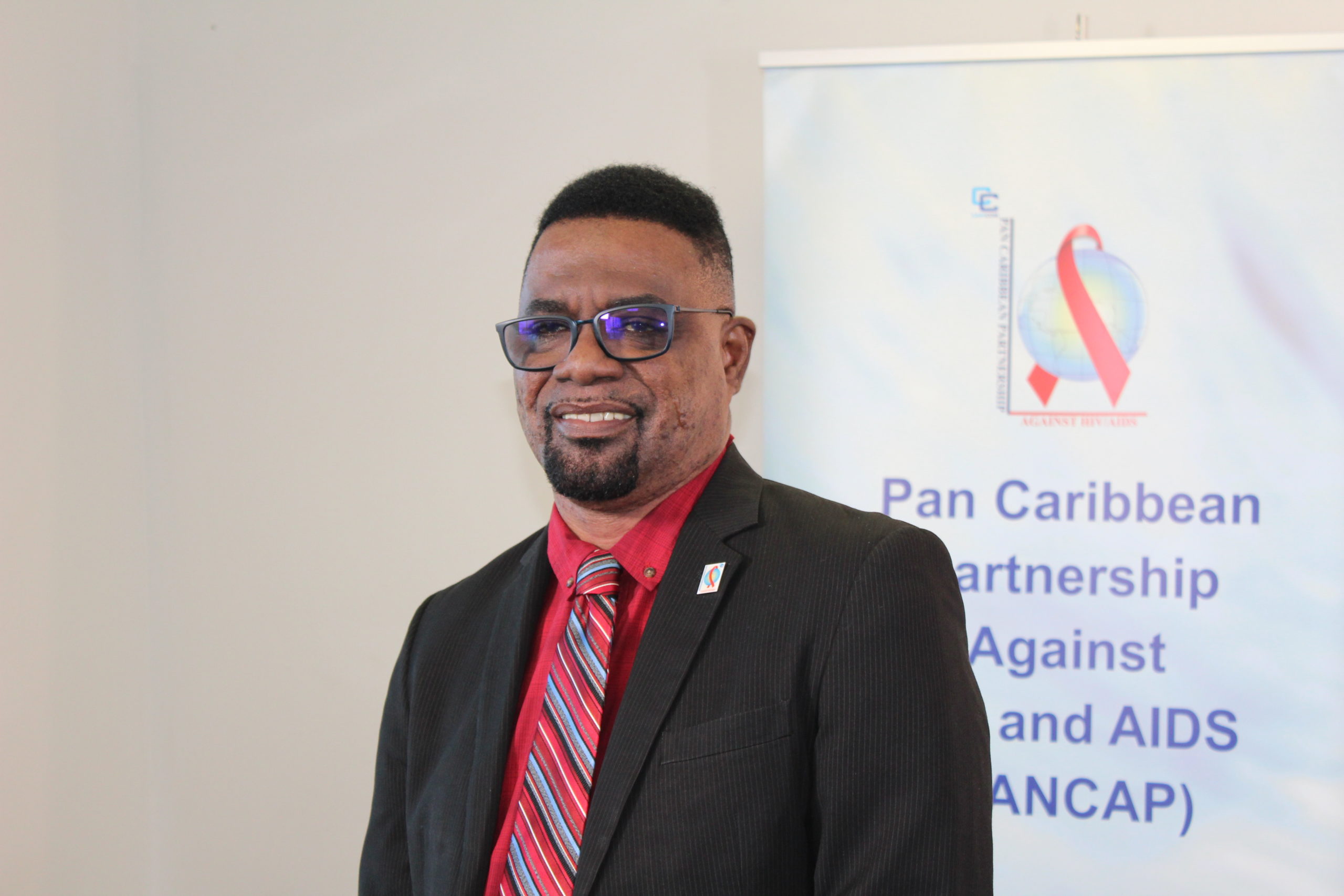
Director’s Message – January 2020
Despite the substantial resources invested in the Caribbean region, we continue to be challenged by inadequate and unreliable data to help us to describe our epidemic accurately and inform programming. While significant progress has been made, the region is behind in achieving the 90-90-90 Targets by the end of 2020. The Caribbean Regional Strategic Framework on HIV and AIDS (CRSF) 2019-2025 acknowledges that insufficient data-driven programming limits efforts to efficiently target activities to the geographic locations and populations in greatest need. The CRSF therefore, recognises that there is an urgent need to define a regional HIV research agenda that aligns with the priorities outlined in the CRSF, and which is anchored in the established academic institutions of the region.
Over the last three years, the Caribbean Public Health Agency (CARPHA) has expanded a regional data repository to facilitate reporting on the CRSF indicators, thus providing an opportunity to simplify reporting by enabling country reporting to be streamlined and shared with other organisations as needed (CRSF 2019-2025). However, data gaps persist, as data were available for only 13 of the 28 indicators for the CRSF 2014-2018, largely because of limited site-level data management and slow reporting to national levels. While key population size estimates have improved, data collection from civil society organisations remains a gap. CARPHA has been working with countries to develop strategic information action plans to improve reporting.
Given our current reality, defining the regional HIV research agenda is high on PANCAP’s list of priorities for 2020. In this regard, the Priority Areas Coordinating Committee (PACC) has provided guidance to the Regional Monitoring and Evaluation Technical Working Group on Health on the process for determining the research agenda as well as the monitoring and evaluation needs which will be costed subsequently. This process is crucial for guiding research efforts and site-level available resources. The agenda would include among others, research, testing, treatment, adherence, retention, service delivery, and stigma and discrimination, that would inform regional policy change and improve outcomes for People living with and affected by HIV and key populations.
Implementation of the research agenda requires a paradigm shift, from thinking about data for reporting to thinking about data for use throughout programming. We must be cognizant of the need to also invest in data systems that inform programming. Successful implementation of the research agenda specifically requires the support of our universities that possess the skills to conduct such research, donor support and commitment from our national partners to facilitate the collection of data. Given the urgency, let us all commit to supporting the Regional Monitoring and Evaluation Technical Working Group on Health to define a regional HIV research agenda.
WHAT IS PANCAP?
PANCAP is a Caribbean regional partnership of governments, regional civil society organisations, regional institutions and organisations, bilateral and multilateral agencies and contributing donor partners established on 14 February 2001. PANCAP provides a structured and unified approach to the Caribbean’s response to the HIV epidemic, and coordinates the response through the Caribbean Regional Strategic Framework on HIV and AIDS to maximise efficient use of resources and increase impact, mobilise resources and build the capacity of partners.
What are the Global AIDS Strategy 2021–2026 targets and commitments?
If targets and commitments in the strategy are achieved:
- The number of people who newly acquire HIV will decrease from 1.7 million in 2019 to less than 370 000 by 2025
- The number of people dying from AIDS-related illnesses will decrease from 690 000 in 2019 to less than 250 000 in 2025.
- The goal of eliminating new HIV infections among children will see the number of new HIV infections drop from 150,000 in 2019 to less than 22,000 in 2025.
What are the 95-95-95 Targets for ending AIDS?
- 95% of People Living with HIV know their HIV status;
- 95% of people who know their status on treatment; and
- 95% of people on treatment with suppressed viral loads.
HELPFUL LINKS:
Global AIDS Strategy 2021–2026, End Inequalities, End AIDS
https://pancap.org/pancap-documents/global-aids-strategy-2021-2026-end-inequalities-end-aids/
Caribbean Regional Strategic Framework on HIV and AIDS (CRSF) 2019-2025
https://pancap.org/pancap-documents/caribbean-regional-strategic-framework-2019-2025/
